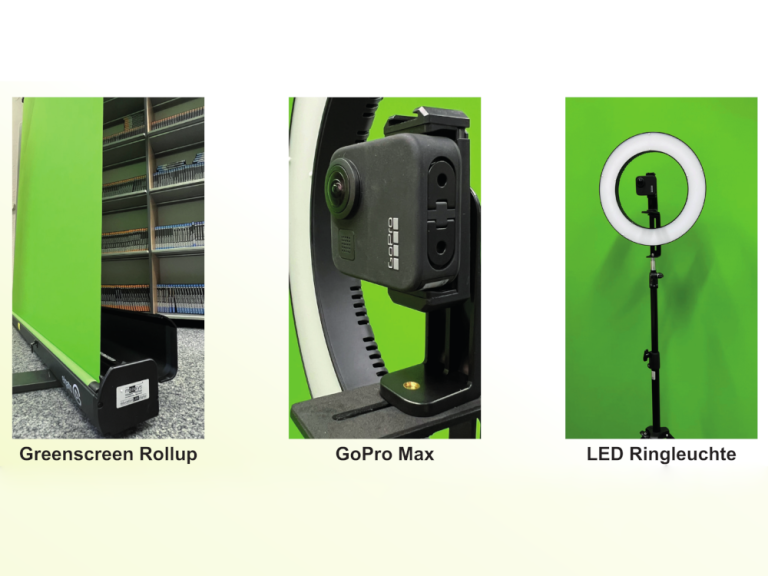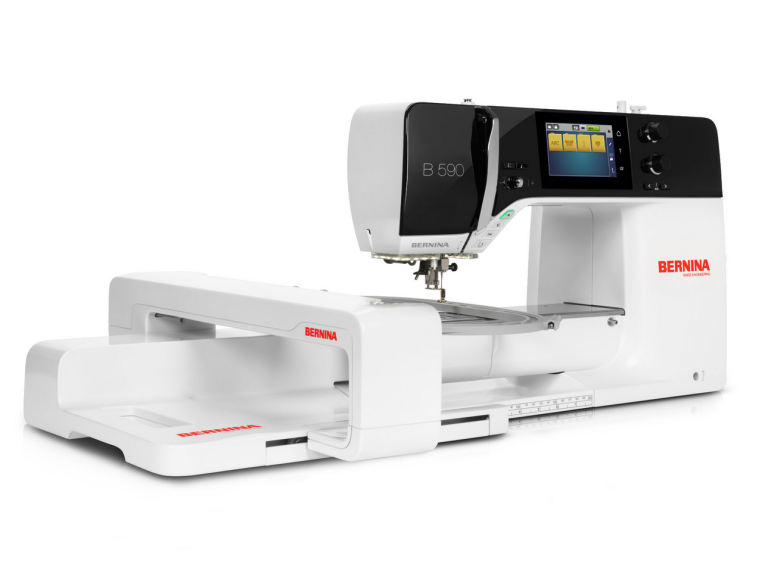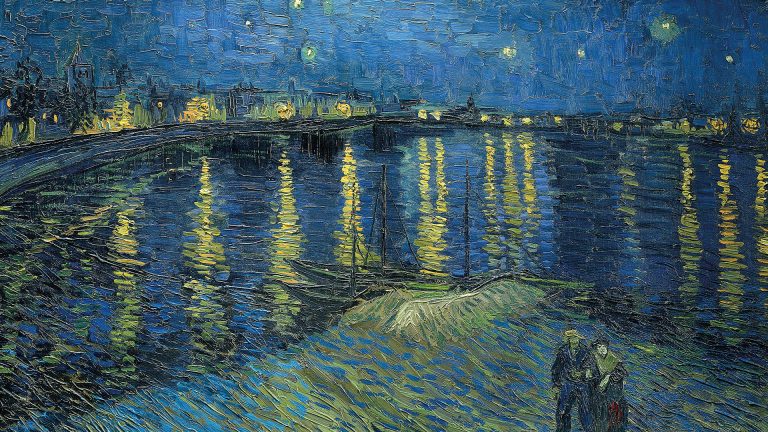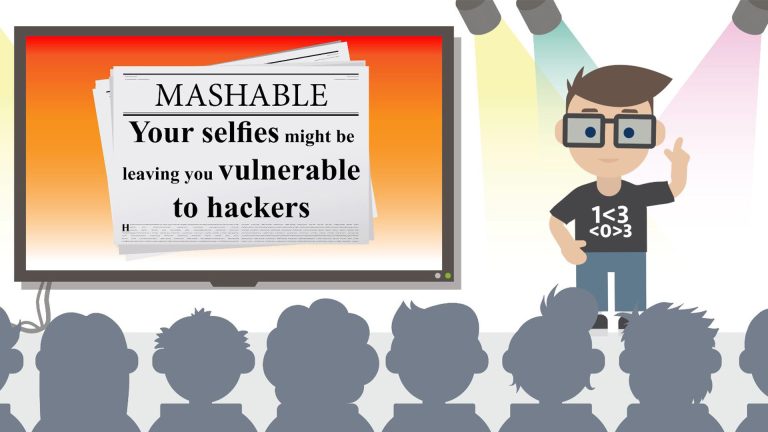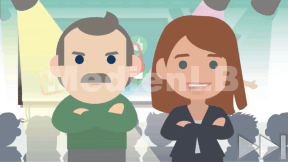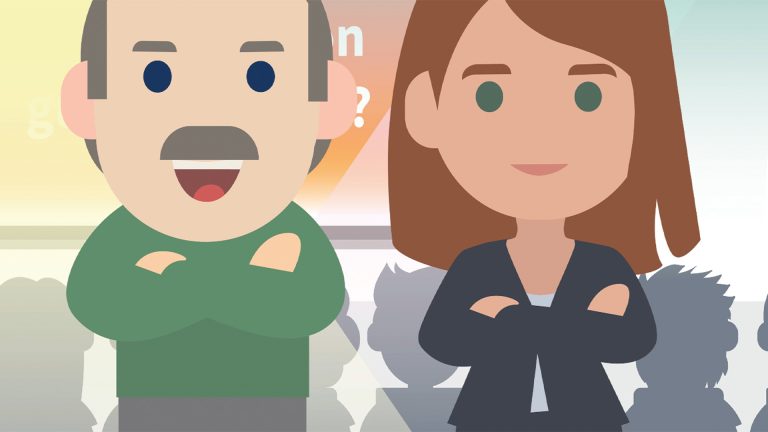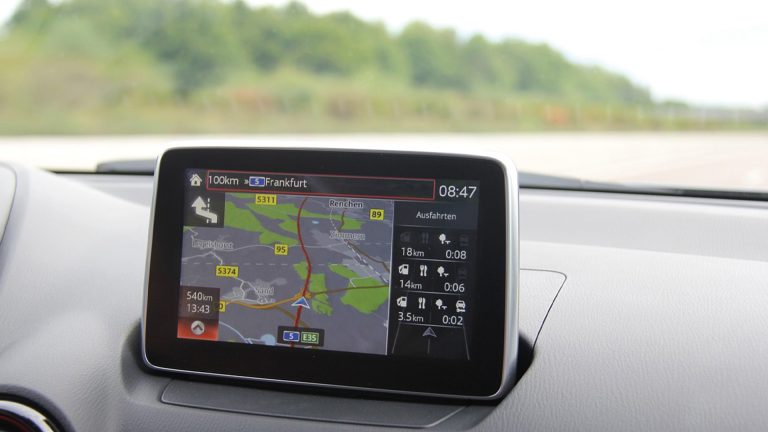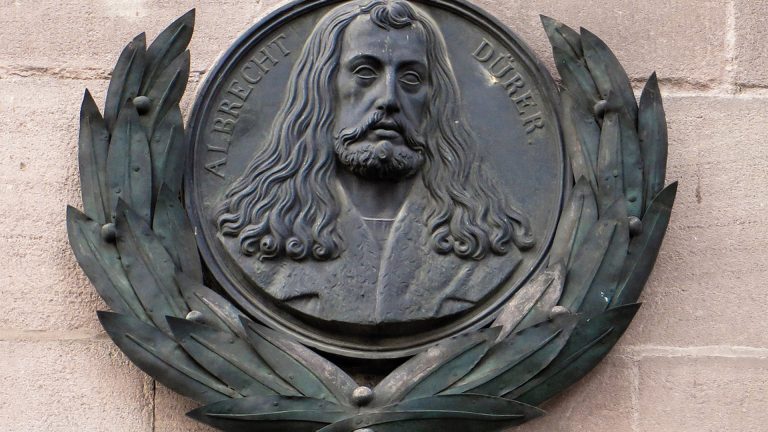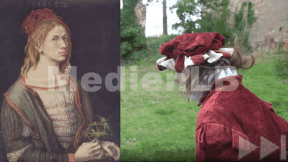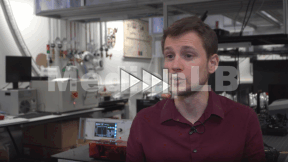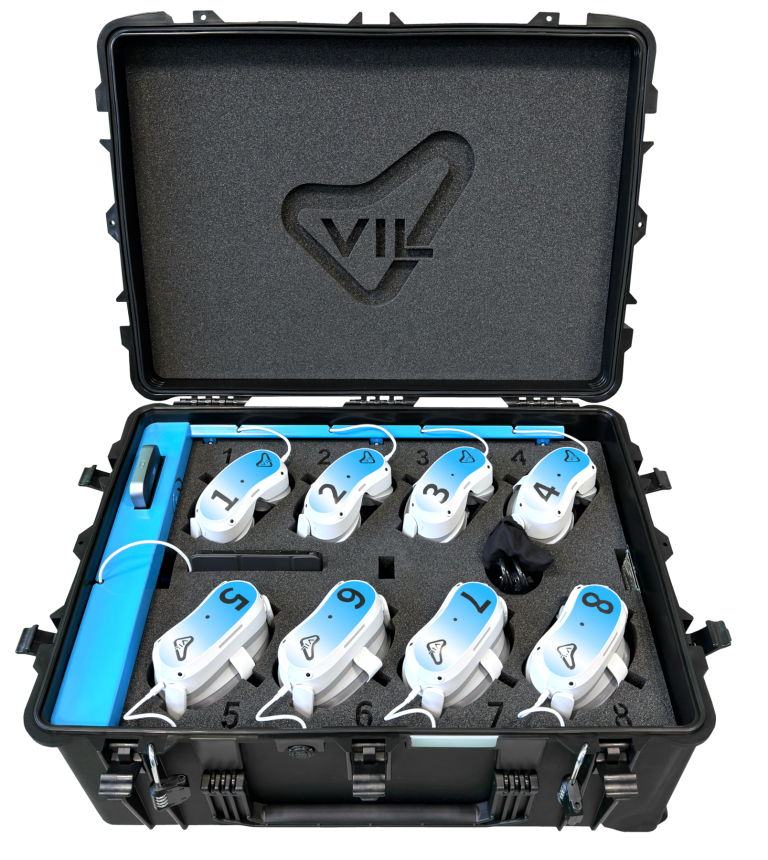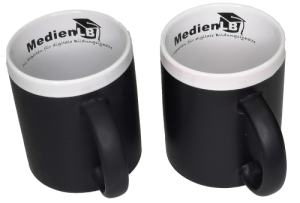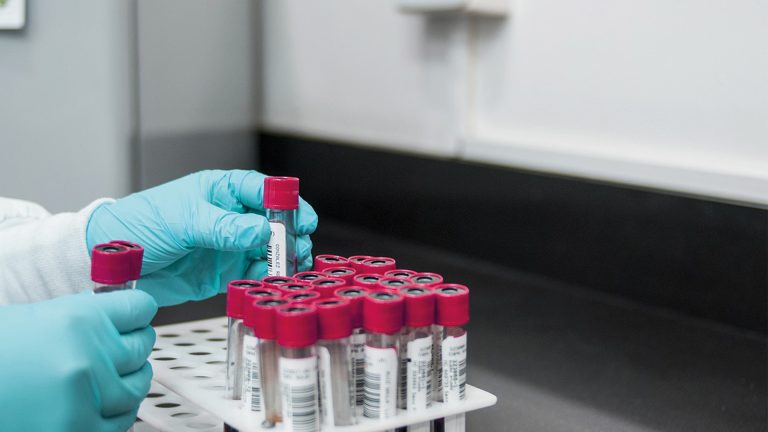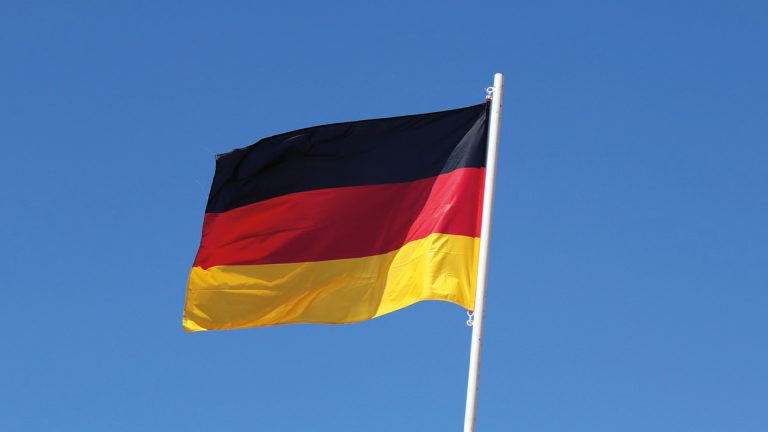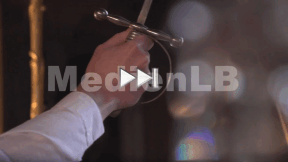Suche:
- # Artistry
- # Biology
- # Chemistry
- # Ecological
- # Economy
- # English
- # Foreign Language
- # Geography
- # German
- # Health
- # History
- # Informatik
- # Latin
- # Mathematics
- # Media Education
- # Music
- # Physics
- # Politics / Civics
- # Preschool
- # Primary School
- # Religion
- # Society
- # Sports
- # Technology
- # Training of Teachers
- # Vocational Education
Greenscreen - Paket
Die Technik des Chroma Keying erlaubt es, einfarbige Hintergründe aus Bildern zu entfernen und auszutauschen.
Learn moreBERNINA 590 und Stickmodul M (SDT)
Nähen und computergesteuertes Sticken in höchster Qualität!!
Learn moreVincent van Gogh
Vincent van Gogh, geboren 1853 in den Niederlanden, kommt erst spät zur Kunst.
Learn moreInternetsicherheit 5
Das gemeinsam mit schutz.digital entwickelte Medium widmet sich der sicheren Benutzung von digitalen Geräten. Die abschließende 5. DVD widmet sich Passwörtern und wie sie sicher gestaltet werden.
Learn moreInternetsicherheit 4
Das gemeinsam mit schutz.digital entwickelte Medium widmet sich der sicheren Benutzung von digitalen Geräten.
Learn moreAlbrecht Dürer
Albrecht Dürer, born in 1471, is one of the greatest painters of the Renaissance. At just 15, with the support of his father, he stopped his apprenticeship and devoted himself to art.
Learn moreQuantenobjekte
Quanten sind kleinste Bausteine von Materie oder Molekülen und damit unserer Welt.
Learn moreSinnesorgane schützen
Das Arbeiten im Labor im Chemie-, Biologie- und Physikunterricht erfordert Sicherheitsvorkehrungen, um Unfälle zu vermeiden.
Learn moreSozialstaat
Artikel 20 und 28 des Grundgesetzes definieren die Bundesrepublik Deutschland als Sozialstaat. Doch was bedeutet das?
Learn more



